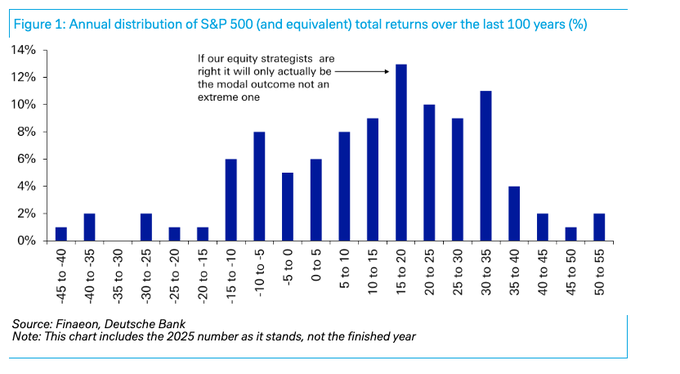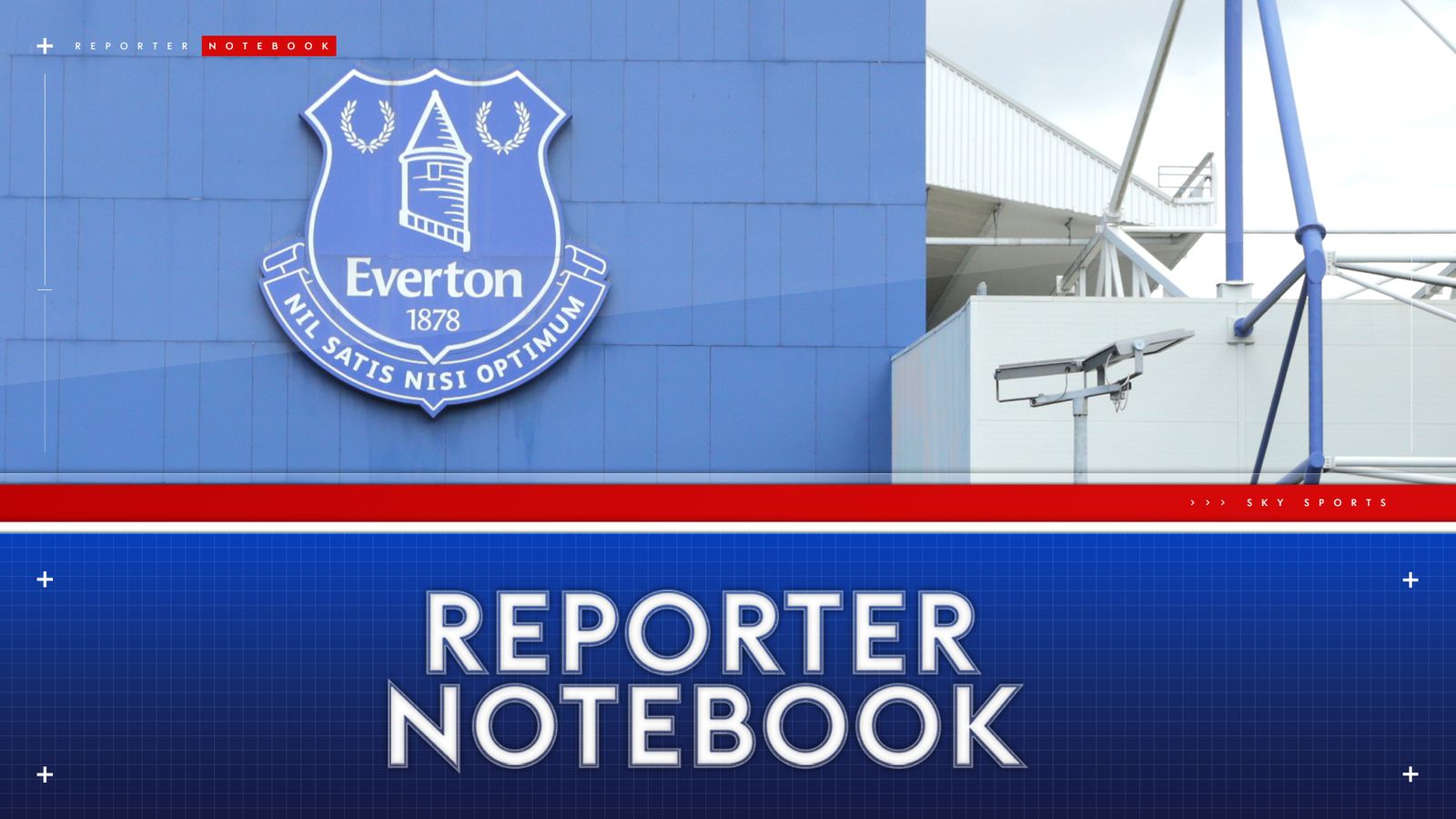© Reuters. FILE PHOTO: Bao Fan, famed rainmaker and head of China Renaissance Group, holds a news conference to mark the firm’s IPO in Hong Kong, China September 13, 2018. REUTERS/Bobby Yip/File Photo
By Selena Li and Julie Zhu
(Reuters) – One year ago, star dealmaker Bao Fan was taken away by Chinese authorities and hasn’t been seen by colleagues since – an absence that has caused mounting concern among staff and clients about the future of his boutique investment bank, sources say.
Bao, the founder of China Renaissance Holdings, last week resigned as executive director, chairman and chief executive, the company announced, saying he stepped down for health reasons and to spend more time on family matters.
However, Bao retains his stake of roughly 49%. And in recent months he has remained very much involved in key decision-making at the bank, albeit communicating remotely, three sources with knowledge of the matter said.
When Bao went missing, China Renaissance said at the time he was cooperating with authorities conducting an investigation but did not elaborate.
Sources have previously told Reuters that he was taken away to assist in an investigation into a former colleague. A Chinese financial publication reported in May he was detained by disciplinary and supervision officials. Authorities have as yet not given any explanation.
Bao is believed to still be under detention, according to one of the sources.
He is one of several high-profile executives in China – most from the finance industry – who have gone missing in recent years with little explanation amid a sweeping anti-corruption campaign spearheaded by President Xi Jinping.
Bao’s resignations show the firm, which has seen headcount shrink over the past year, is taking some steps to distance itself from Bao as it tries to mitigate the impact of the investigation, one of the sources said.
But Bao is expected to retain a tight grip on the bank due to his stake and the backing of close associates in top management who have been running the company in his absence, the source added.
The sources were not authorised to speak on the matter and declined to be identified.
China Renaissance declined to comment.
China’s Ministry of Public Security and China Securities Regulatory Commission did not immediately respond to requests for comment. Reuters was not able to reach the Central Commission for Discipline Inspection (CCDI), which is the Chinese Communist Party’s anti-graft watchdog, for comment.
GRIM MOOD
Headcount in the bank’s advisory and securities units at its mainland and Hong Kong offices was more than 700 before Bao’s disappearance and has since dropped by a third, one of the sources said. That is due to staff quitting of their own accord, layoffs and contracts not being renewed, the source added.
At least one company has expressed an interest in acquiring China Renaissance’s securities unit, but Bao has yet to say whether he would even consider a sale, said one of the three sources and a fourth person.
Two of the sources said company management had hoped Bao would regain his freedom in the third quarter of last year and his continued detention has come as a surprise.
In the meantime, Xi’s anti-graft campaign shows no sign of letting up. “We must never turn back, slack off or show mercy in our fight against corruption,” Xi told a CCDI meeting last month.
Bao who previously worked at Credit Suisse and Morgan Stanley, was widely regarded as one of China’s best-connected bankers. He was involved in the mergers of ride-hailing firms Didi and Kuaidi, food delivery giants Meituan and Dianping, and travel platforms Ctrip and Qunar.
Trade in China Renaissance stock was suspended last April. It lost 27% between Bao’s disappearance and the suspension, giving it a market valuation of HK$4.1 billion ($525 million).
Bloomberg on Wednesday first reported that Bao’s investment bank was shrinking and was attracting interest from rivals.
($1 = 7.8204 Hong Kong dollars)
















